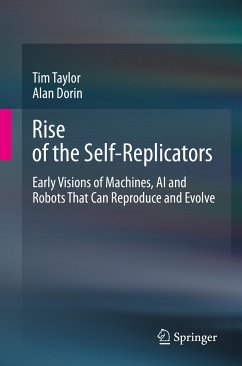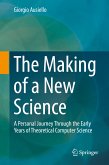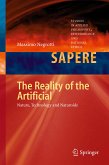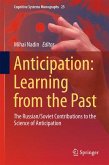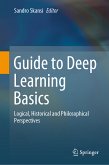Is it possible to design robots and other machines that can reproduce and evolve? And, if so, what are the implications: for the machines, for ourselves, for our environment, and for the future of life on Earth and elsewhere?
In this book the authors provide a chronological survey and comprehensive archive of the early history of thought about machine self-reproduction and evolution. They discuss contributions from philosophy, science fiction, science and engineering, and uncover many examples that have never been discussed in the Artificial Intelligence and Artificial Life literature before now. In the final chapter they provide a synthesis of the concepts discussed, offer their views on the field's future directions, and call for a broad community discussion about the significant implications of intelligent evolving machines.
The book will be of interest to general readers, and a valuable resource for researchers, practitioners, and historians engaged with ideas in artificial intelligence, artificial life, robotics, and evolutionary computing.
Dieser Download kann aus rechtlichen Gründen nur mit Rechnungsadresse in A, B, BG, CY, CZ, D, DK, EW, E, FIN, F, GR, HR, H, IRL, I, LT, L, LR, M, NL, PL, P, R, S, SLO, SK ausgeliefert werden.
Es gelten unsere Allgemeinen Geschäftsbedingungen: www.buecher.de/agb
Impressum
www.buecher.de ist ein Internetauftritt der buecher.de internetstores GmbH
Geschäftsführung: Monica Sawhney | Roland Kölbl | Günter Hilger
Sitz der Gesellschaft: Batheyer Straße 115 - 117, 58099 Hagen
Postanschrift: Bürgermeister-Wegele-Str. 12, 86167 Augsburg
Amtsgericht Hagen HRB 13257
Steuernummer: 321/5800/1497
USt-IdNr: DE450055826
Bitte wählen Sie Ihr Anliegen aus.
Rechnungen
Retourenschein anfordern
Bestellstatus
Storno

